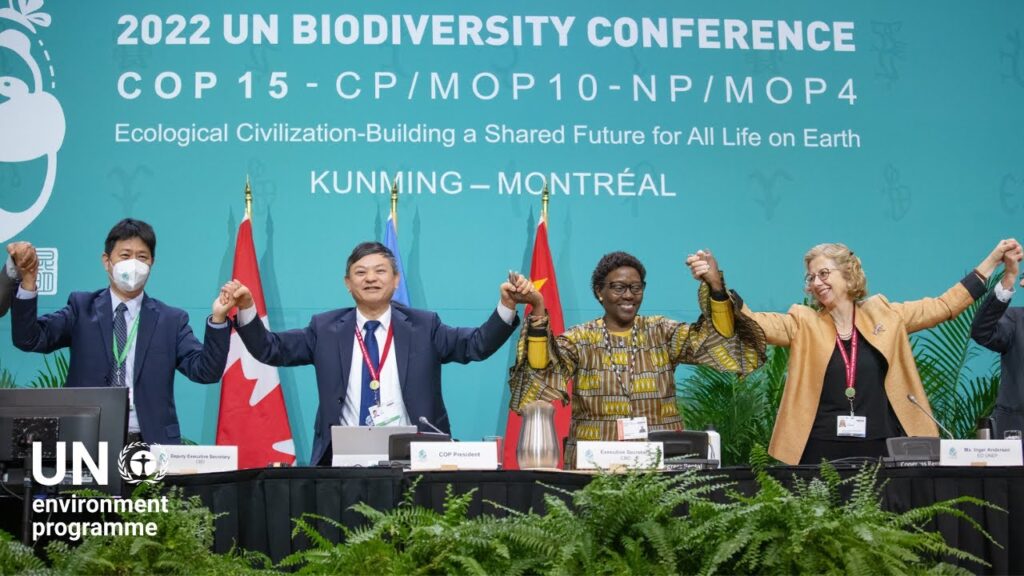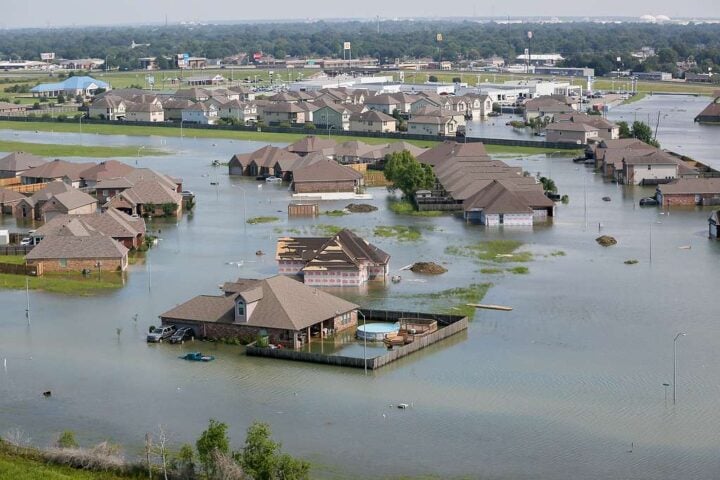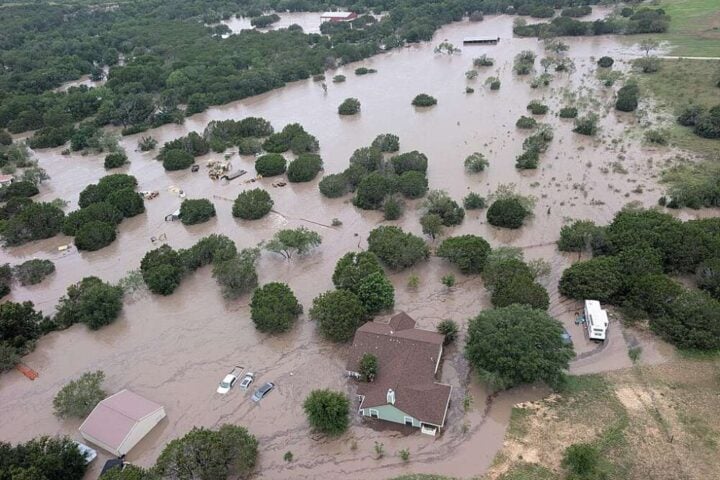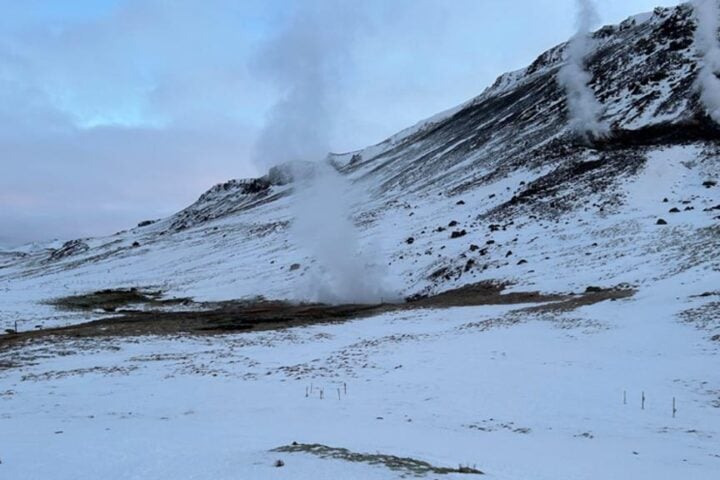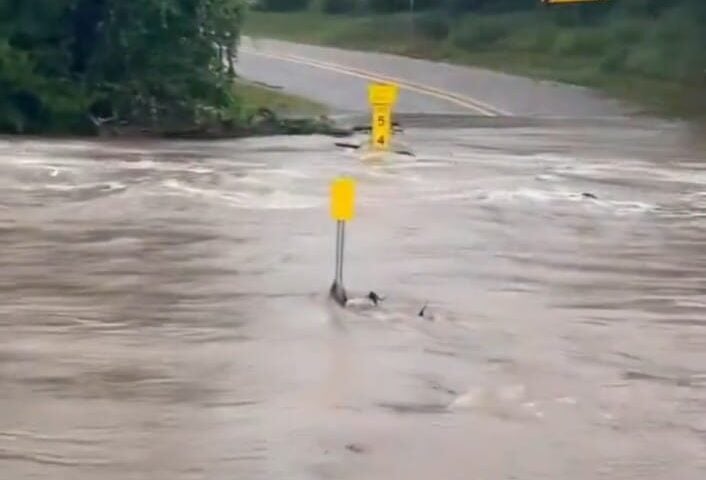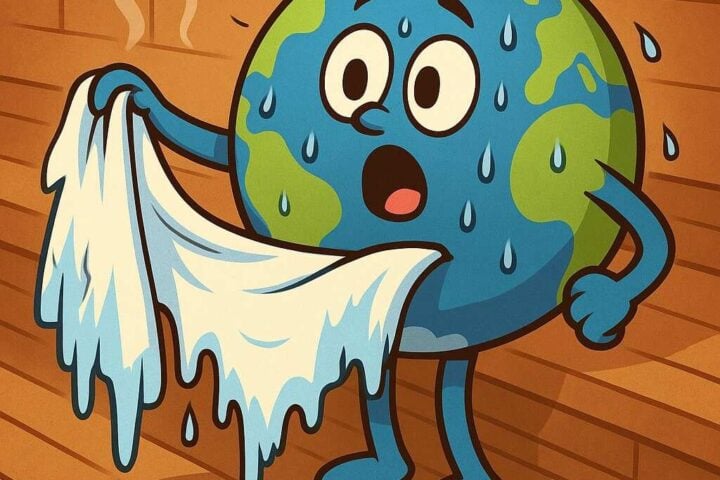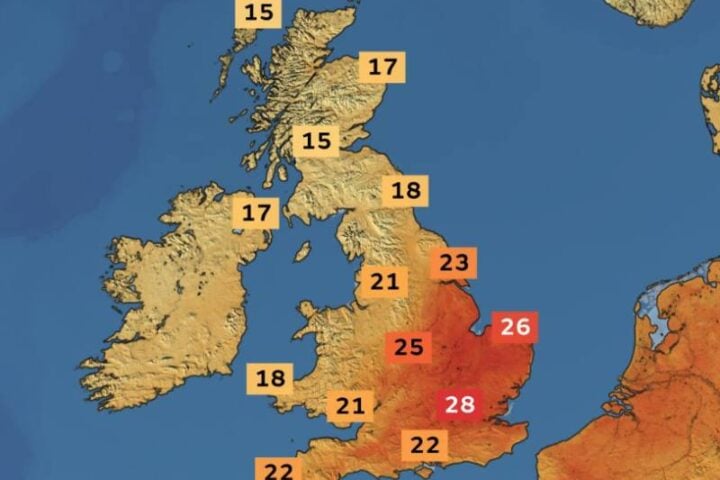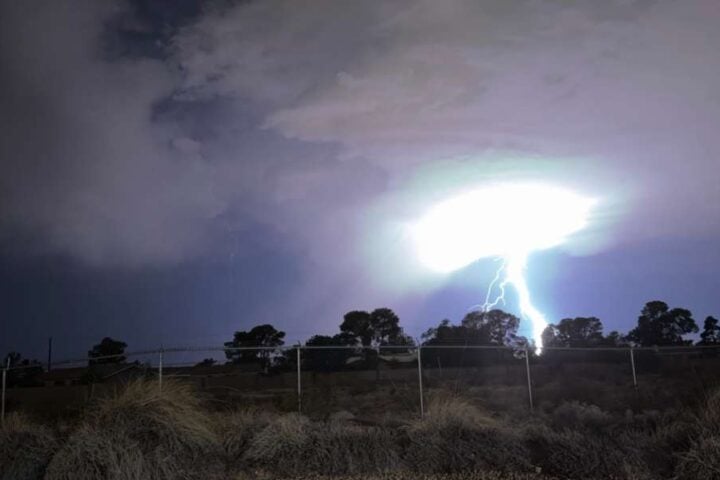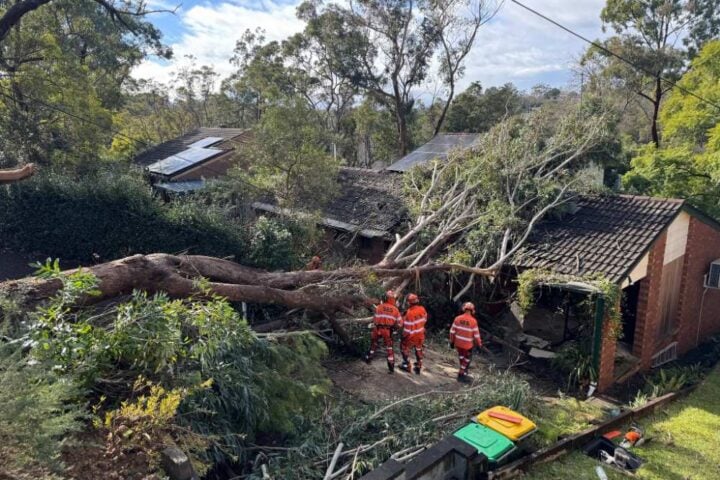During the release of the latest report on the State of the Climate, United Nations Secretary-General António Guterres delivered a special speech on climate action, The Moment of Truth, in which he began by referring to the latest data from the Copernicus Climate Change Service of the European Commission, which revealed that May 2024 is the hottest on record.
Guterres urged major world powers this Wednesday to demonstrate greater commitment in the fight against climate change and to stop playing “Russian roulette with the planet.” “These are already twelve consecutive months of the hottest months in history. Our planet is trying to tell us something. But we don’t seem to be listening,” said the UN chief.
Other data reveals that the remaining carbon budget to limit long-term warming to 1.5 degrees is around 200 billion metric tons. “That is the maximum amount of carbon dioxide that the earth’s atmosphere can take if we are to have a fighting chance of staying within the limit.The truth is… we are burning through the budget at reckless speed – spewing out around 40 billion tonnes of carbon dioxide a year,” he said. And although global emissions should decrease by 9% each year until 2030, last year they increased by 1%.
Similar Post
Moreover, the latest report from the World Meteorological Organization (WMO) on the State of the Climate indicates that there is an 80% chance that the global annual mean temperature will temporarily exceed 1.5°C above pre-industrial levels for at least one of the next five years.
UN urges action against climate change. “In the case of climate, we are not the dinosaurs. We are the meteor. We are not only in danger. We are the danger. But we are also the solution,” Guterres maintained, leaving a glimmer of hope. It is required to “maintain the 1.5-degree threshold” and for global emissions to decrease by 9% each year until 2030, according to the UN Secretary-General. “The world is spewing emissions so fast that by 2030, a far higher temperature rise would be all but guaranteed,” added the Portuguese diplomat.
In that scenario, the world would suffer devastating consequences ranging from catastrophic sea-level rises, to the destruction of coral reefs, or the disruption of livelihoods for 300 million people, Guterres mentioned, among other examples. “Cities from New Delhi, to Bamako, to Mexico City are scorching. Here in the US, savage storms have destroyed communities and lives. We’ve seen drought disasters declared across southern Africa; Extreme rains flood the Arabian Peninsula, East Africa and Brazil; And a mass global coral bleaching caused by unprecedented ocean temperatures, soaring past the worst predictions of scientists. The cost of all this chaos is hitting people where it hurts: From supply-chains severed, to rising prices, mounting food insecurity, and uninsurable homes and businesses. That bill will keep growing. Even if emissions hit zero tomorrow, a recent study found that climate chaos will still cost at least $38 trillion a year by 2050,” he warned.
Guterres’ remarks come during World Environment Day and shortly before the World Meteorological Organization (WMO) presents its climate predictions for the next five years. He compared the current state of urgency and its disproportionate effect for the near future with “the meteor that ended the dinosaurs.” In this regard, he emphasized the work to be done, which corresponds to the “The richest one per cent emit as much as two-thirds of humanity,” a proportion that is made up of about 5 billion people.
![Secretary-General's special address on climate action "A Moment of Truth" [as delivered] Source: Google](https://www.karmactive.com/wp-content/uploads/2024/06/Screenshot-2024-06-08-at-6.05.08-PM.png)
